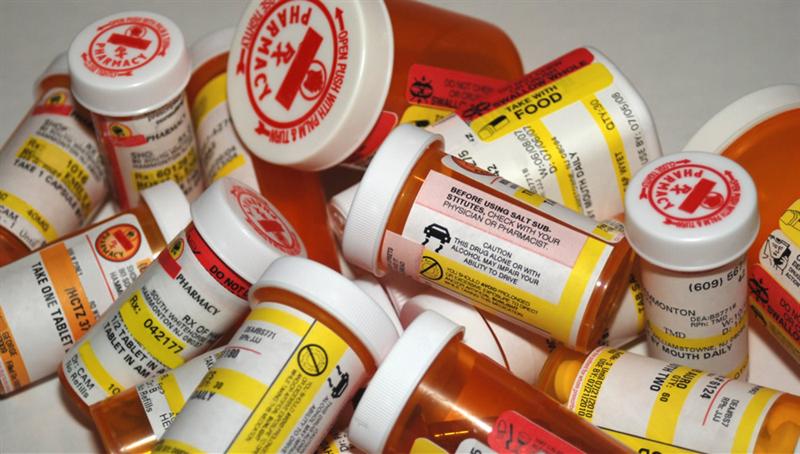Government to amend legislation to zero rate VAT on prescription medication at a cost of $2.8 million annually

Prime Minister, Hon. Dr. Kenny D. Anthony says
“the Government will yield to popular demands and zero rate VAT on prescribed pharmaceuticals.” This announcement was made in the 2014/2015 Budget Statement, presented in the House of Assembly on Tuesday, May 13, 2014.
Despite the fact that medicine has always attracted taxes in Saint Lucia, Prime Minister Anthony says it is undeniable that the advent of VAT has resulted in widespread debate on the cost of medication and medical services. As such, the Prime Minister, in his budget statement said the government will amend the VAT legislation to make the rate of VAT on prescription medication zero percent.
“It is undeniable that the advent of VAT has seen some increases in the price of some medical products; equally, the prices of some products have dropped. It is also undisputable that the removal of VAT on medication will not see an end to high prices for medical products and services, especially in the treatment of cancer.
The people of Saint Lucia have always paid taxes on medication. Prior to the introduction of VAT, medication attracted Import Duty, Consumption Tax and Service Charge. The sale of medication was never, ever free of taxes. The former Government did not seek at any time to reduce taxes on medication during its tenure. They too have always taxed medication.
As has been repeatedly explained, Saint Lucia is a member of the Caribbean Community and as such, we are bound by the CARICOM Common External Tariff (CET). This means that the rates of duty are set by CARICOM. Any changes in the rates of duty on any item covered by the Common External Tariff have to be approved by CARICOM.”
The Prime Minister went on to explain steps taken by the Government to minimize the impact of VAT on the cost of medicine.
“When VAT was introduced, the Government, mindful of the potential impact of VAT requested CARICOM to relieve it of the requirement to impose duty on medication, but allow it to apply VAT alone. At its Thirty-Fourth Meeting held in Georgetown, Guyana, from 29-30th March 2012, the Council for Trade and Economic Development (COTED), approved the Government of Saint Lucia’s request for the suspension of the CET (Import Duty) on a list of pharmaceuticals for a period of four (4) years from 1st May 2012 to 30th April 2016. Although the approved suspension was to have taken effect from May 1st, 2012, the implementation was made effective by Statutory Instrument # 93 of August 27th, 2012, which was subsequently replaced by S.I # 121 of 2012 to reflect the changes in HS2007 which was implemented from October 1st, 2012.
It must be noted however, that the full list requested by Saint Lucia was not approved because of objections raised by Trinidad and Tobago and Barbados on the basis of their ability to supply these items. This simply meant that the pharmaceutical items which were not zero rated, as per the said S.I. could be obtained from regional sources and would therefore not attract the Import Duty as stipulated by the Common External Tariff, thus having the same effect.
So today, there is no duty on medication, only VAT.”
The Prime Minister cautioned consumers that the reprieve will be temporary, as duty will return on imported medication, in accordance with the Common External Tariff, at the end of the four year cycle on April 30, 2016.
The removal of VAT on prescription medicine will result in a loss of $2.8 million in revenue, annually.
--